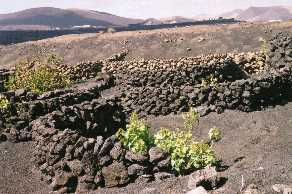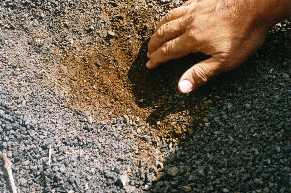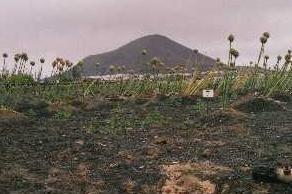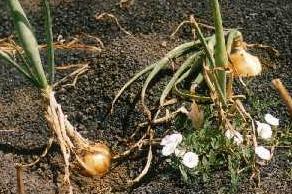
|
| Home | Milieu & Energie | Gezondheid & Wetenschap | Duurzaam Bouwen | Photo Gallery |
| Geologie & Reizen | Landbouw & Voeding | Natuurbescherming | Eilanden | Geo-educatie |


|


|
|
Laatste wijziging: 27 september 2013 [home] [top] [contact] [disclaimer] |

|
| Home | Milieu & Energie | Gezondheid & Wetenschap | Duurzaam Bouwen | Photo Gallery |
| Geologie & Reizen | Landbouw & Voeding | Natuurbescherming | Eilanden | Geo-educatie |


|


|
|
Laatste wijziging: 27 september 2013 [home] [top] [contact] [disclaimer] |